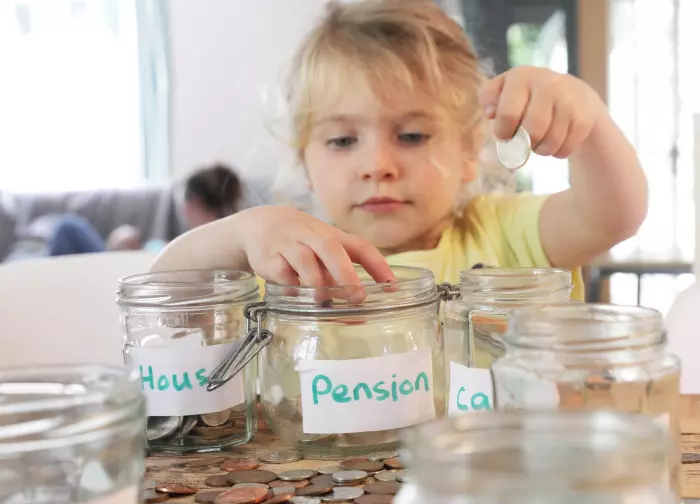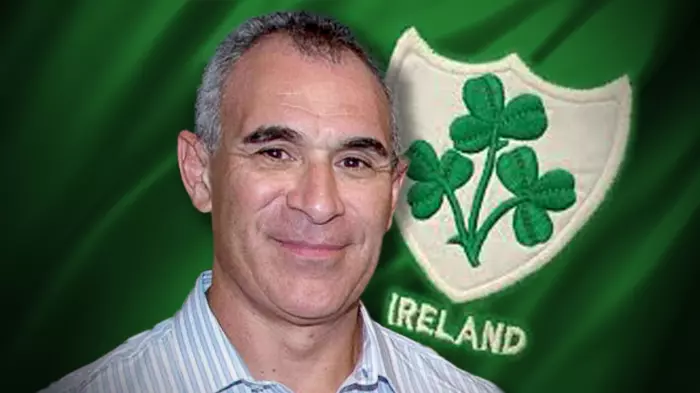BusinessDesk investments editor Frances Cook responds to emails from readers each week, answering questions about money. Below, you will find her expert advice. Send your questions to [email protected].
Hi Frances,
I have an 11-year-old and an 8-year-old, both with bank accounts, which we have been building up since they were born.
I want to invest their money for them, but I am unsure if we should open KiwiSaver accounts or a non-KiwiSaver investment account instead. My husband and I have an investment provider already, so we are familiar with how it all works.
I worry that with KiwiSaver, they won't be able to access the money for university or travel if they want to. Can you advise the pros/cons of each option?
Thanks,
X.
Hi X,
You’re right to be thinking of investment options. Assuming that you’re putting this money aside for when they’re adults, whether you consider that to be 18, 21 or 25, that’s at least seven years until they get their mitts on it.
Over a longer period of time like that, shares are a great option, whether it’s through KiwiSaver or a fund outside of KiwiSaver.
So, which should you pick?
I’m a big fan of KiwiSaver … once you turn 18.
Unfortunately, before then, you miss out on many benefits that make it worthwhile to lock your money away.
KiwiSaver comes with freebies that make it a no-brainer for most of us, but they’re linked to employment.
You get a government contribution, which gives you 50c for every $1 you put in, up to $1,042. So you can get $521 each year.
But it’s a perk that you only get if you’ve been earning taxable income in NZ as an adult. Under 18? You don’t get it. Boo.
KiwiSaver also has the big benefit of the employer match.
Your boss legally has to match your contributions up to 3% of your income – although some employers voluntarily do more than that, and for that, we thank them.
But under 18, even if you have a high school job? The boss doesn’t have to match.
Again, some do voluntarily and in that case it’s worth it because it’s like a small pay rise. But if the boss isn’t willing to stump up, nobody will make them, and you lose another major benefit of KiwiSaver.
As for the cons, well, you’ve already mentioned the big one. KiwiSaver is locked away until you either buy a house or retire at 65.
Choices
Your kids might want to use the nest egg you’re building for them to travel, start a business, or any number of other things that can be useful to a young person.
If the money is in KiwiSaver, then it’s no dice.
The good thing about KiwiSaver is that lots of rules make it a pretty secure, good investment.
The fund types are relatively simple to understand (conservative, balanced and growth, as a sliding scale of risk and reward), they usually have a good mix of investments to spread your money and your risk, and the providers are regulated and quality controlled.
The good news? You can have your cake and eat it too.
Most KiwiSaver providers offer the exact same fund but outside of the KiwiSaver scheme. This means you get the same benefits of a well-diversified, simple investment, but without locking the money away.
You can easily compare different KiwiSaver and managed funds through the Sorted Smart Investor tool here.
In your position, I would organise by lowest fees first, as some of our KiwiSaver fund providers have shockingly high fees that will eat into your money. Many studies have shown that higher fees don’t give you a better return.
A low-fee fund that mirrors a KiwiSaver fund but isn’t actually in KiwiSaver could be a good option for your family to consider.
But as soon as the kids turn 18, make sure they sign up to get all the free incentives that make it worthwhile.
Send questions to [email protected] if you want to be featured in the column. Emails should be about 200 words, and we won't publish your name. Unfortunately, Frances is not able to respond to every email received or offer individual financial advice.
Information in this column is general in nature and should not be taken as individual financial advice. Frances Cook and BusinessDesk are not responsible for any loss a reader may suffer.














